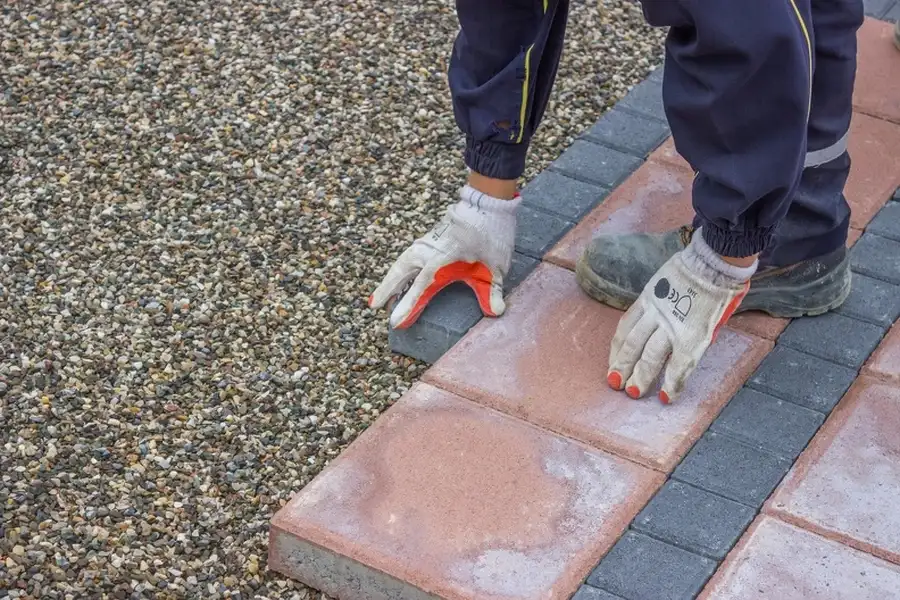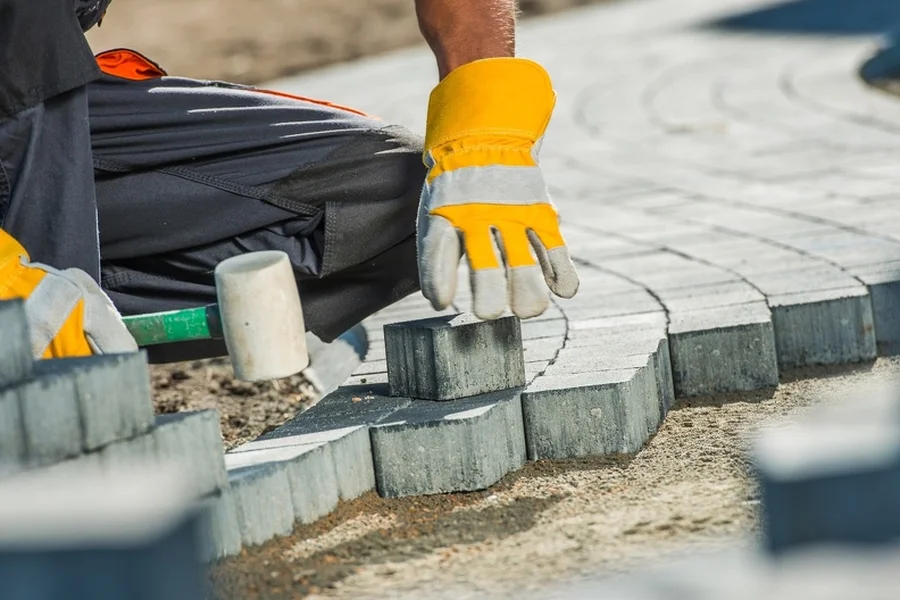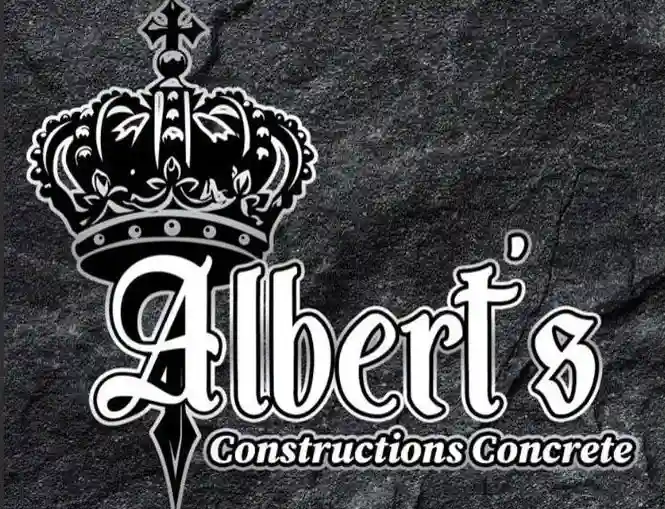The Impact of Weather on Your Concrete Project
Weather plays a crucial role in the success of any construction project, including concrete driveway installation. From temperature fluctuations to precipitation levels, each weather condition can affect the quality and durability of your driveway. Understanding how different weather conditions impact concrete work is essential for planning and executing a successful installation that stands the test of time.

The Role of Temperature in Concrete Curing
Temperature influences the curing process of concrete significantly. Ideal temperatures allow concrete to cure properly, resulting in a solid and durable surface. If it’s too hot, water in the mix can evaporate quickly, leading to cracks or weakened structure. Conversely, cold temperatures slow down curing, which can also cause issues. Therefore, careful consideration of weather forecasts is important before starting driveway installation during extreme temperatures.
Effects of Rain on Concrete Pouring
Rain during driveway installation poses its own set of challenges. Wet surfaces prevent the proper bonding of concrete, which can lead to future cracking. Excess moisture can alter the water-to-cement ratio, weakening the mixture. Thus, scheduling installations when dry conditions are expected is beneficial to ensure optimal outcomes.

Dealing With Windy Conditions
Wind can be an underestimated element affecting concrete driveway installation. Strong winds increase evaporation rates, causing quick drying at the surface level while leaving the inner layers uncured. This often results in uneven curing and may lead to surface defects. Implementing wind barriers or waiting for calmer days are practical solutions.
The Importance of Humidity Levels
Humidity levels influence the hydration process in concrete. High humidity slows down evaporation, allowing proper curing over time. However, excessive humidity can hinder the initial setting phase, leading to delays and potential defects. Monitoring and adjusting the mix accordingly ensures better control over the installation process.
Planning Installations Around Seasonal Changes
Understanding seasonal variations helps in planning concrete installations effectively. Spring might bring unpredictable showers, while summer typically offers more stable weather suitable for work. Winter presents its own hurdles with freezing conditions. Planning around these seasonal changes can help avoid unnecessary complications during installation.
Preventive Measures for Weather Challenges
- Use insulating blankets to maintain temperature during cold spells.
- Employ windbreakers or shelters to shield against strong winds.
- Cure concrete appropriately by keeping it moist under controlled conditions.
- Plan installations based on reliable weather forecasts to avoid rainy periods.
Maximizing Quality With Proper Timing
Ensuring quality in concrete projects involves meticulous timing and preparation. Aligning installations with favorable weather conditions not only enhances durability but also extends longevity. By considering factors like temperature, rain, wind, and humidity, you can optimize every stage of the concrete driveway installation process.
Your Reliable Partner for Driveway Success
For expert advice and professional service, connect with us at (574) 549-4847. At Alberts Construction Concrete Company, we prioritize top-notch installations tailored to withstand varied climatic conditions. As experts located in Warsaw, IN, we commit to delivering resilient driveways that meet your expectations and stand strong through all seasons.
